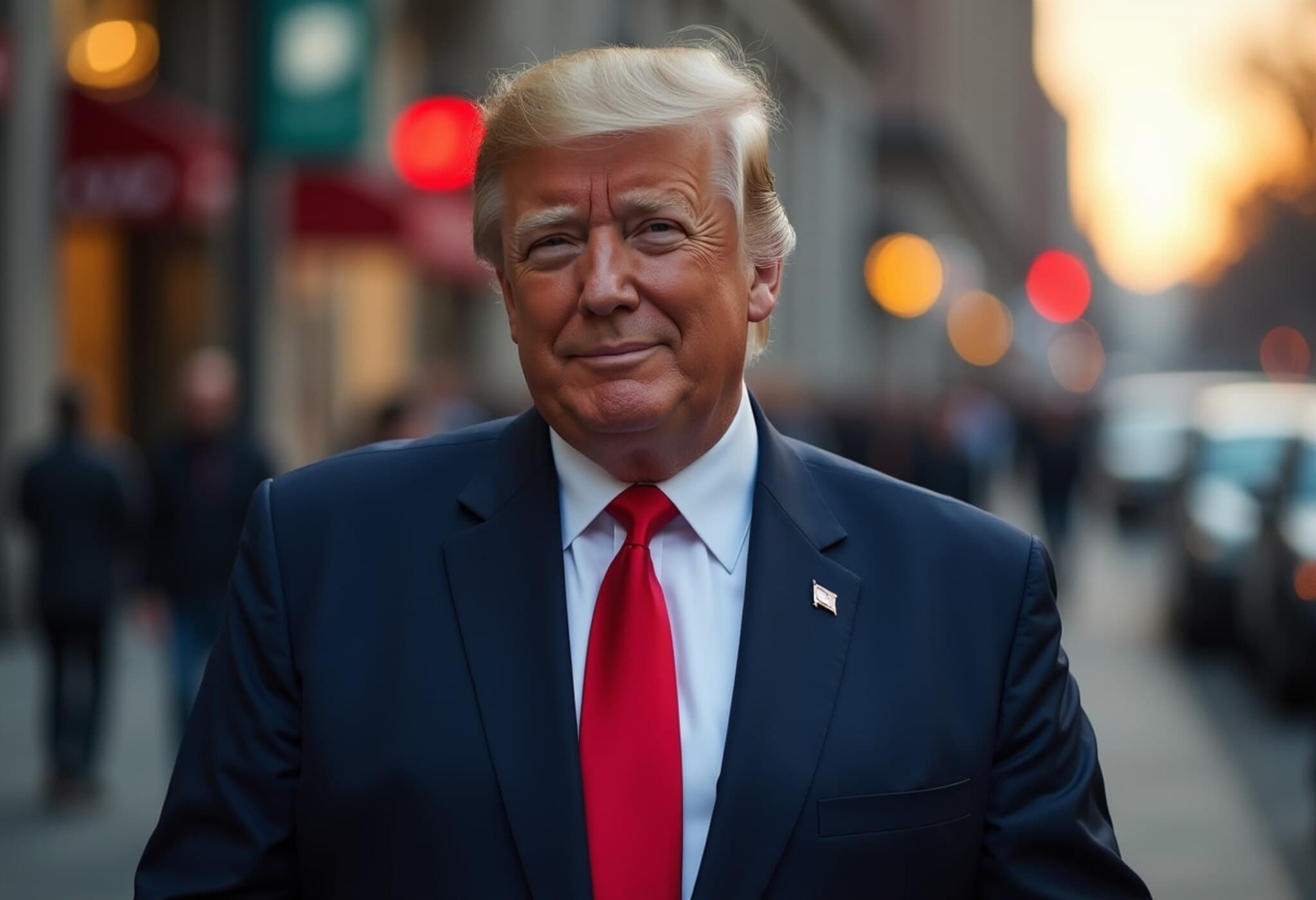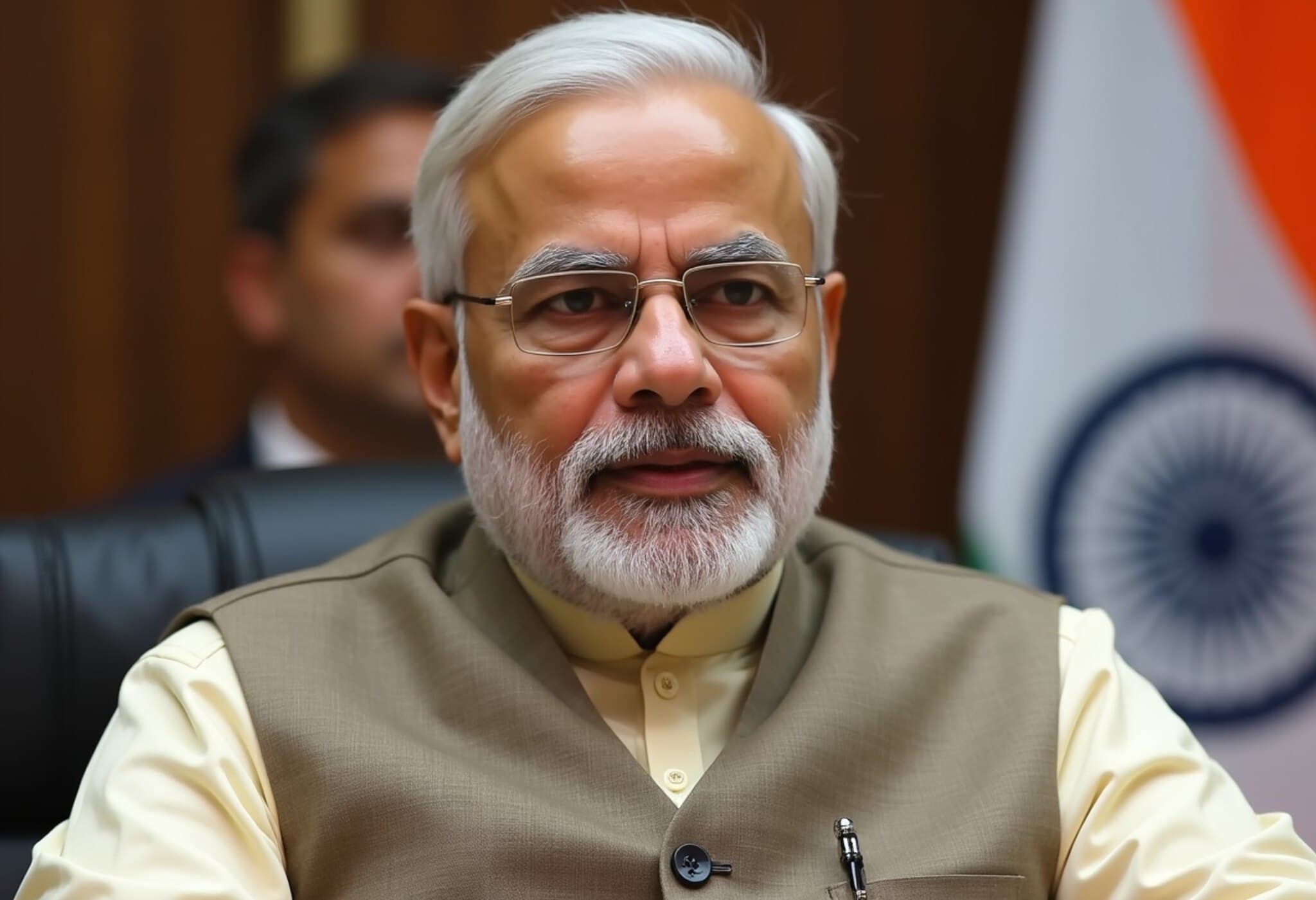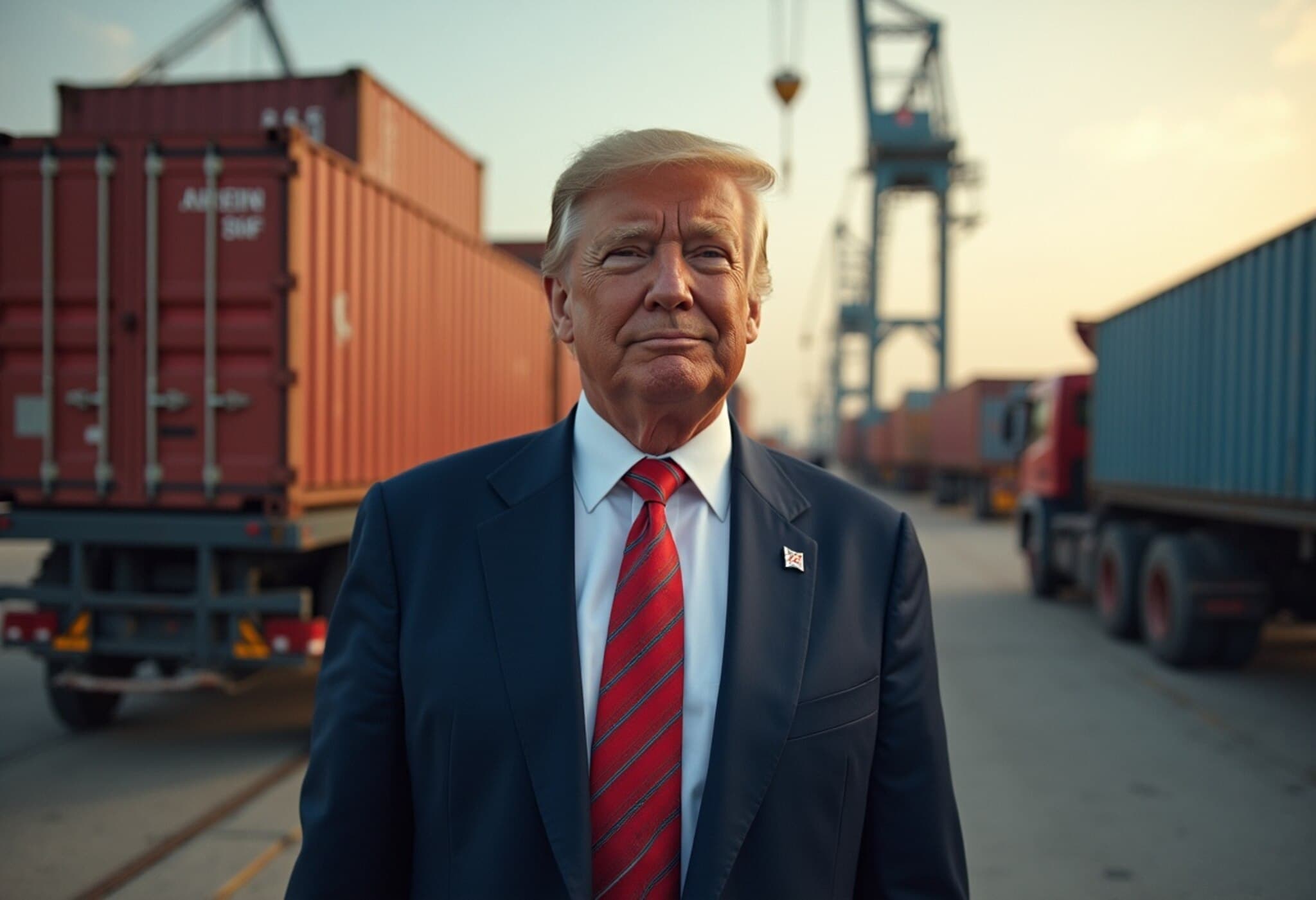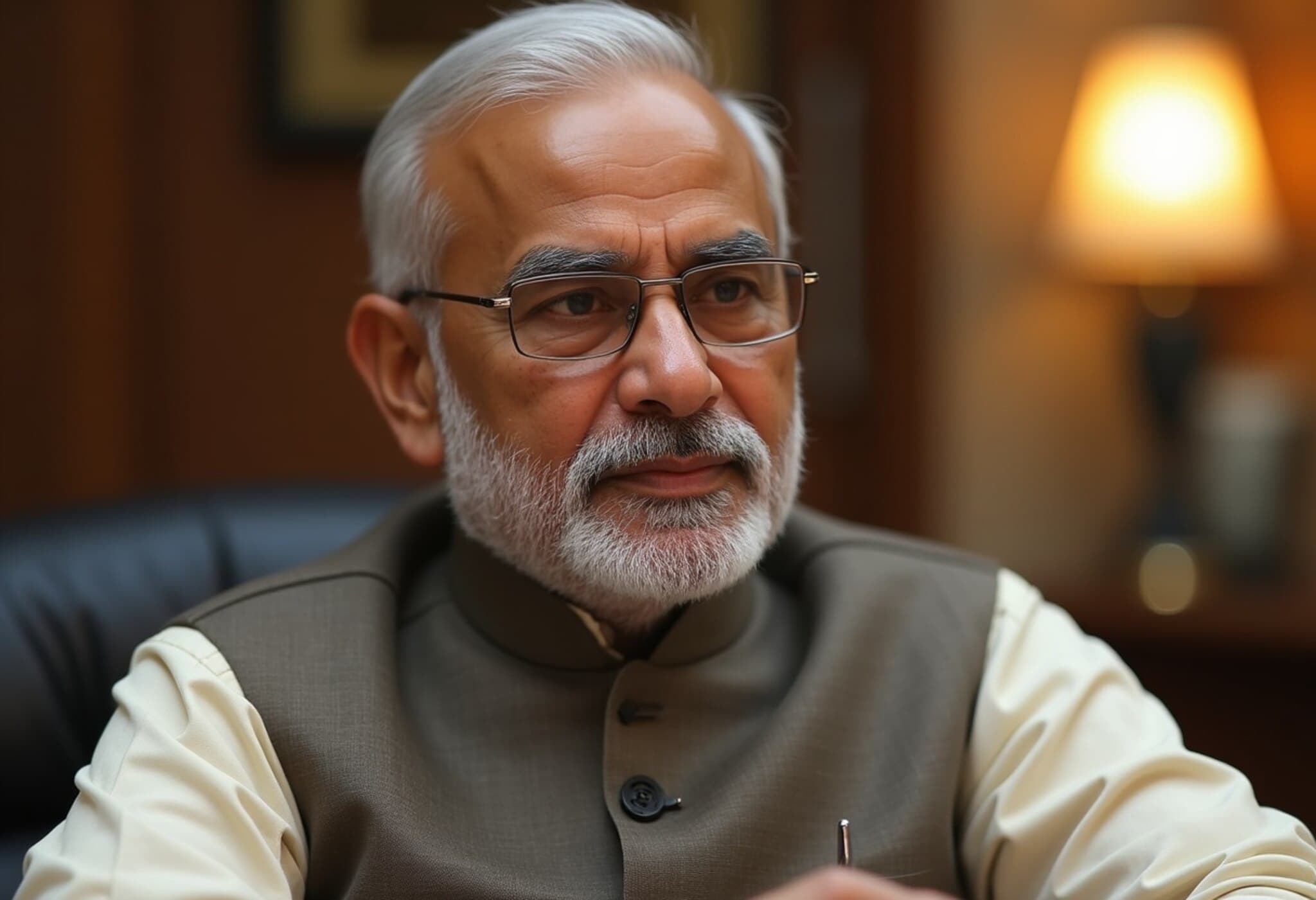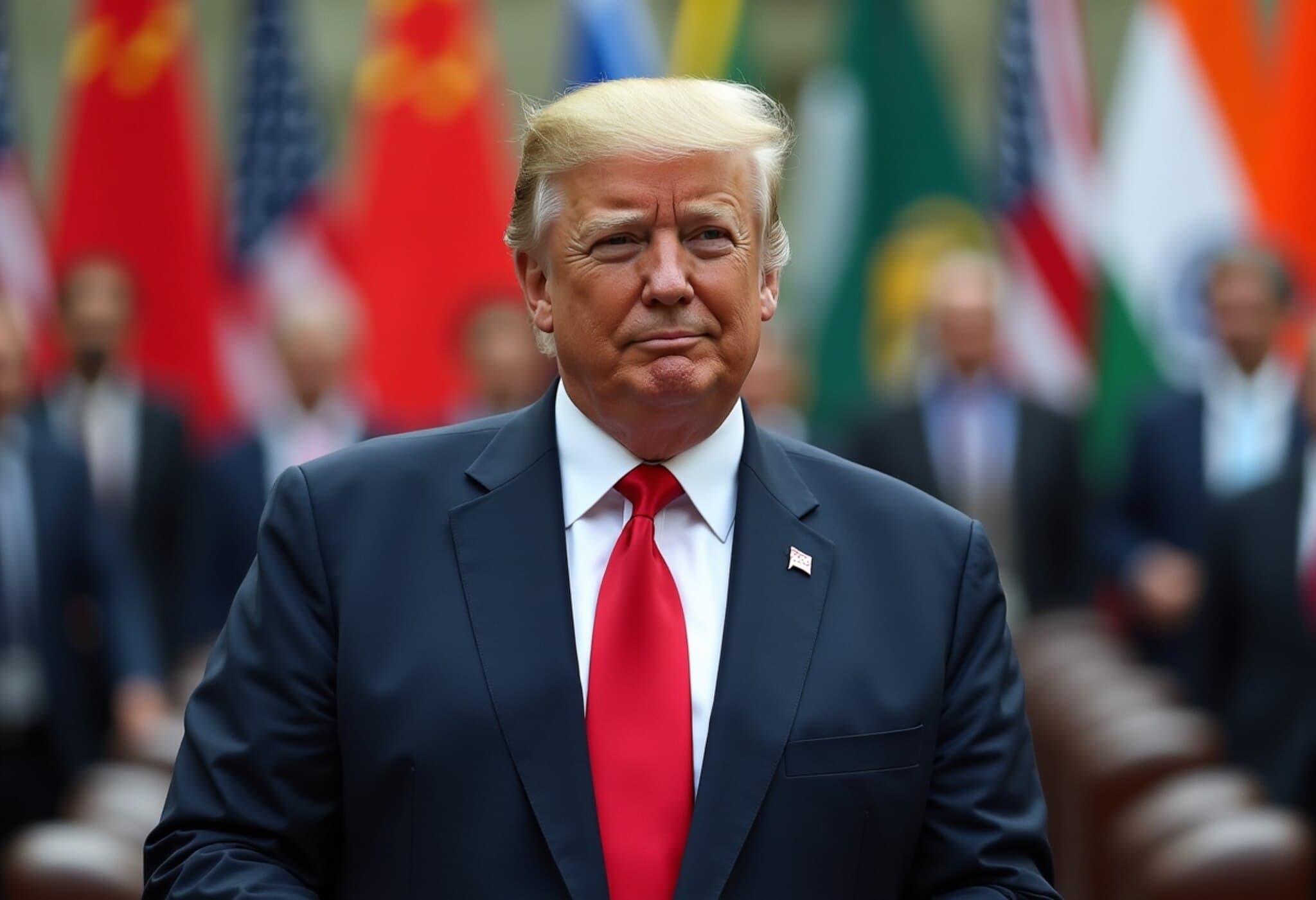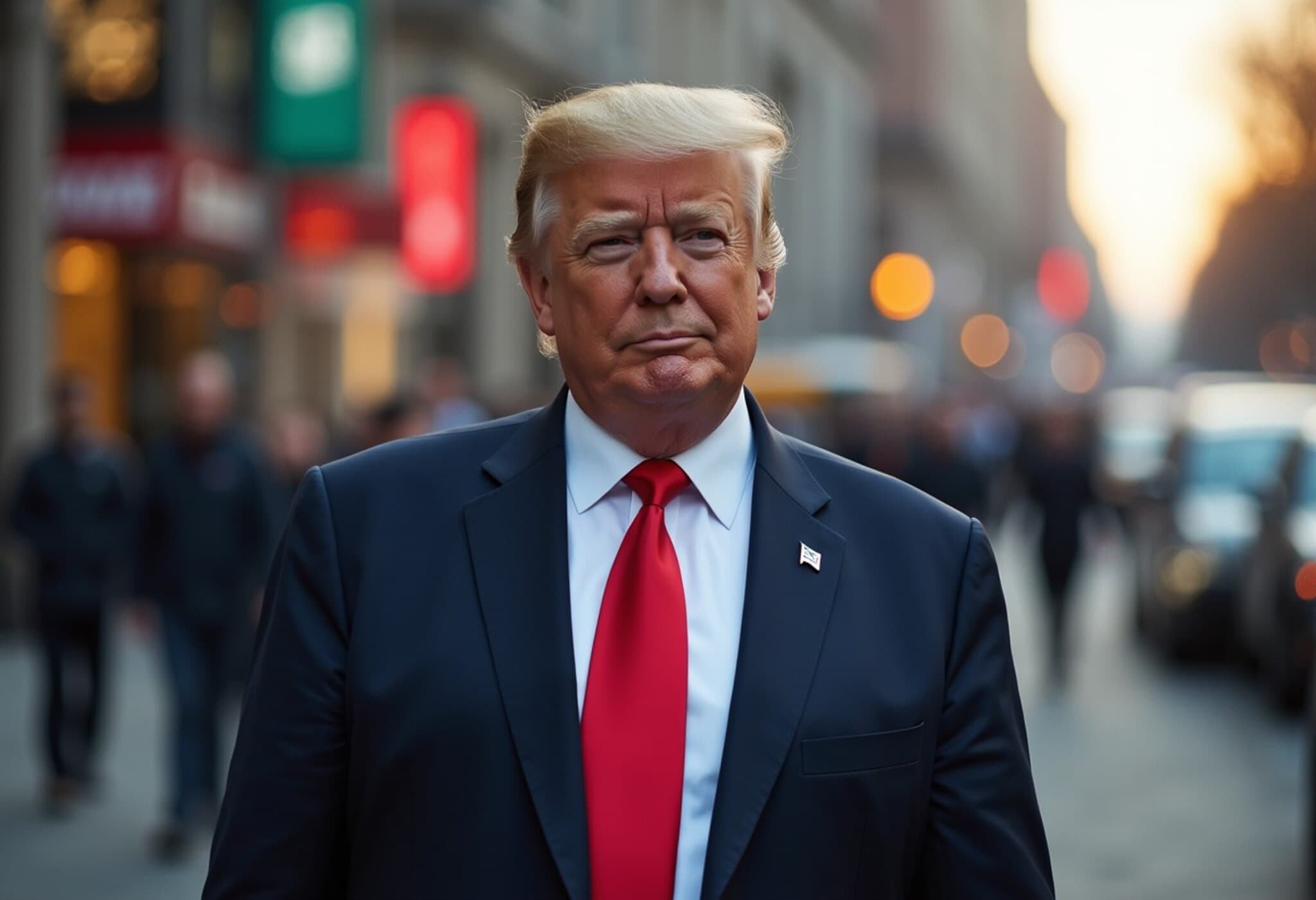US Agrees to Repay Japan for Incorrectly Applied Tariffs
In a significant development underscoring the complexities of international trade policies, the United States has committed to reimbursing Japan for tariffs that were erroneously imposed in excess of agreed rates. Japanese trade envoy Ryosei Akazawa announced this decision following his latest round of negotiations with US officials in Washington.
The Core Issue: Stacking of Tariffs
The dispute centered on a contentious "stacking" rule, whereby a 15 percent reciprocal tariff was being added on top of pre-existing tariffs on Japanese imports, instead of replacing or capping them. This practice effectively increased Japan's tariff burden beyond what was negotiated, sending ripples through industries heavily reliant on cross-border trade.
According to Akazawa, US Commerce Secretary Howard Lutnick and Treasury Secretary Scott Bessent expressed regret for this oversight during the Thursday meeting. They committed to revising the executive order issued on July 31, 2025, to clarify that the 15 percent tariff will serve as a ceiling and not a cumulative addition. This change aligns the tariff structure more consistently with the spirit of fairness and the trade agreement established between the two nations.
Why This Matters: Impact on the Auto Sector
The stakes are particularly high for Japan’s automotive industry, which employs approximately 8 percent of the country's workforce, according to Bloomberg. The sector had been grappling with an effective 27.5 percent tariff, combining the older 2.5 percent auto tariff with a new 25 percent levy imposed under previous US policies.
Akazawa confirmed US officials’ agreement to formalize the reduction of auto tariffs to 15 percent, consistent with bilateral trade commitments. This restoration not only alleviates financial pressure on Japanese automakers but also signals a potential easing of trade tensions.
Contextual Insight: Trade Policy Transparency and Diplomatic Implications
This episode highlights an important lesson often underappreciated in trade diplomacy—the need for transparent and unequivocal policy language. The absence of an explicit "no stacking" clause for Japan, as opposed to the European Union, led to confusion and unintended economic consequences.
Experts suggest that such scenarios can erode trust between trading partners and disrupt established supply chains, forcing companies to either raise prices or absorb costs, ultimately affecting consumers worldwide.
Underreported Perspectives
- US Domestic Politics: The Tariff adjustments echo ongoing debates within the US regarding protectionism versus free trade, reflecting economic and political balancing acts ahead of forthcoming elections.
- Japanese Economic Resilience: How Japan navigates such trade uncertainties will test the agility and innovation within its export-driven industries.
- Global Trade Architecture: This incident raises questions about enforcement and clarity within executive orders and international agreements, pointing to a potential need for institutional reforms in global trade governance.
Looking Ahead: What This Means For US-Japan Relations and Beyond
This reimbursement agreement, while resolving an immediate conflict, also opens the door for renewed dialogue around tariff structures and trade fairness. Both countries can use this momentum to reinforce their economic partnership and explore frameworks that prevent similar incidences.
Expert Commentary
Trade analyst Dr. Emily Chen notes, "The revision of this tariff policy and reimbursement is a positive step but also a reminder that trade agreements must be meticulously implemented to avoid unnecessary friction. The US and Japan’s ability to resolve this peacefully speaks to the strength of their longstanding alliance."
Editor's Note
What this development truly reveals is the delicate balance in international trade negotiations — where legal technicalities can have tangible economic impacts. As trade policies evolve, transparency, consistency, and communication will be crucial to maintaining trust and stability in global markets. Observers should continue watching how this recalibration affects related sectors and US trade relations with other partners in the years to come.
Stay informed with us for detailed analysis on global trade and its ripple effects on economies worldwide.








